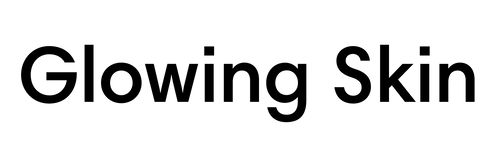Acne treatment in Geneva
Acne is a skin condition characterized by pimples, blackheads and cysts that form when hair follicles in the skin become clogged with excess oil, dead skin cells or bacteria.
Acne can occur on the face, neck, chest, back, and shoulders. It can affect people of any age, but it is more common in adolescents due to hormonal changes that occur during puberty.
Acne can have multiple causes, including excess oil production, hormonal changes, bacterial infections, poor diet, high stress, or genetic predisposition. Acne treatment may include topical or oral medications, gentle skin cleansers, and lifestyle changes, such as a balanced diet and healthy lifestyle.
How does acne develop?
Acne develops when the skin's hair follicles (small cavities in which hair grows) become clogged. The sebaceous glands located next to the follicles naturally produce sebum, an oily substance that helps moisturize and protect the skin. However, when there is excess sebum production, it can mix with dead skin cells and clog the follicle.
This plug is called a comedone, which can be open (blackhead) or closed (whitehead). Bacteria on the skin can also enter the clogged follicle and cause inflammation, which can lead to painful red pimples and cysts.
Acne can be influenced by several factors, including hormones, diet, stress, and genetic predispositions. For example, during puberty, levels of sex hormones such as testosterone increase in adolescents, which can stimulate sebum production and promote the appearance of acne.
Acne development can vary depending on the severity of the condition, skin care habits, and individual factors of each person.

Is a bacteria responsible for acne?
A bacteria called Propionibacterium acnes (P. acnes) is often implicated in the development of acne. This bacteria is normally present on the skin, but when it enters clogged hair follicles, it can multiply and trigger inflammation, contributing to the development of painful pimples and cysts. That's why it's important not to touch your face to avoid spreading this bacteria.
However, it is important to note that the presence of P. acnes alone is not enough to cause acne. Other factors such as excess sebum production, hormonal changes, inflammation, and the body's immune response are also involved in the development of acne.
Are there different forms of acne?
Yes, there are several forms of acne that vary in severity, location, and symptoms. Here are some examples:

It is important to consult a dermatologist for proper diagnosis and treatment of acne, as different forms of acne may require different treatments depending on their severity and type.
What are our solutions against acne?
We offer you a variety of solutions that you will not find anywhere else. Indeed, each skin and each problem is different. With our 6 product ranges and our specialized acne protocol, we have the ability to find a solution adapted to your problem thanks to our cabin treatments, our Home Care solutions and our options.
Cabin treatment
We can help you solve acne problems with our professional skin care tailored to each client's specific needs. Here are some of the techniques and treatments we can use to help treat acne:
- Deep Cleansing : Deep cleansing is often the first treatment skin therapists use to treat acne. This may include deep cleansing the skin with a gentle cleanser, followed by gentle exfoliation to remove dead skin cells.
- Comedone Extraction : Skin therapists may also use extraction techniques to remove comedones, such as blackheads and whiteheads, which clog pores and contribute to acne.
- AHA, BHA, or PHA Acid Treatments : Estheticians may also use products with salicylic acid or gluconolactone acid to help reduce inflammation and rid the skin of dead cells.
- Face masks : Skin therapists may also recommend face masks specifically designed to treat acne, often clay-based, which can help reduce inflammation and draw out impurities from the skin.
It is important to note that acne treatment is an individual process and results may vary from person to person. It is often recommended to work in collaboration with a dermatologist or physician for more severe cases of acne.
LED Light Therapy
LED light therapy can help reduce inflammation, kill acne-causing bacteria, and stimulate collagen production, which can help reduce acne scarring. LED stimulation can be incorporated into our 90-minute treatments, with 60 minutes of treatment and 30 minutes of LED therapy. We also offer 12-treatment sessions over a 4-week period, which is 3 x 30-minute sessions per week.
The treatment
We adapt your treatment and its frequency according to your situation. For mild acne, a monthly treatment with a light routine at home is more than enough. For severe acne, we start with a treatment per week for 4 weeks based on salicylic acid (BHA). Then, a period of 4 weeks must elapse before resuming a treatment in the institute.
At each appointment, an assessment of the situation is made and the next steps in the treatment are defined with you.
Don't wait any longer!
Our goal is to offer you the best facial care in Geneva. With our extensive range of products, from clean beauty to professional dermo treatments, we always have a solution adapted to your needs. The expertise of our Skin Therapists, combined with our selection of cutting-edge brands, guarantees high-end care at the best price.





